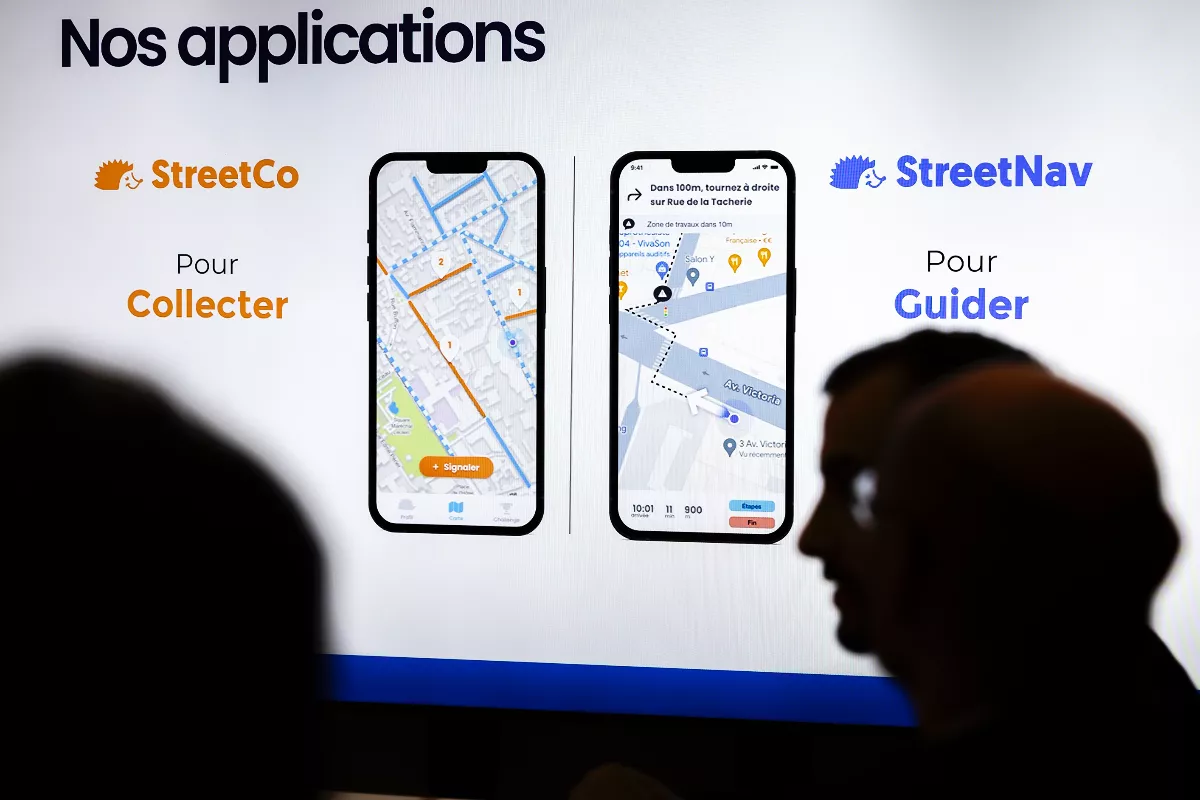Copyright GlobeNewswire

Delray Beach, FL, Nov. 04, 2025 (GLOBE NEWSWIRE) -- According to MarketsandMarkets™, the Smart City Platforms Market will grow from USD 24.51 billion in 2025 to USD 39.52 billion by 2030 at a compounded annual growth rate (CAGR) of 10.0% during the forecast period. There is growing demand for efficient energy and resource management solutions, with smart platforms playing a critical role in optimizing utilities and promoting sustainability. The need for enhanced public safety and faster emergency response systems is further propelling the market, as cities implement platforms with integrated surveillance and analytics. Advances in cloud computing and artificial intelligence are enhancing platform scalability and performance, while a rising focus on citizen-centric governance is encouraging the deployment of platforms that deliver personalized and efficient urban services. The business landscape of the smart city platforms market is undergoing significant transformation driven by technological, regulatory, and business model shifts. Browse in-depth TOC on "Smart City Platforms Market" 268 - Tables 54 - Figures 286 - Pages Download Report Brochure @ https://www.marketsandmarkets.com/pdfdownloadNew.asp?id=236996337 Smart City Platforms Market Dynamics Drivers Preference for platforms over standalone solutions Exponential rise in urban population resulting in need for smart management Increasing adoption of IoT technology for infrastructure management and city monitoring Inefficient utilization of resources in emerging economies Digital transformation augmenting scope for smart cities Restraints Cost-intensive infrastructure of smart city platforms Possibility of privacy and security breaches in smart city platforms Lack of standardization in IoT protocols Opportunities Development of smart infrastructure Industrial and commercial deployment of smart city platforms Rising smart city initiatives worldwide List of Top Companies in Smart City Platforms Market IBM (US) Siemens (Germany) Cisco (US) Hitachi (Japan) Microsoft (US) Huawei (China) AWS (US) AT&T (US) Nokia (Finland) Atos (France) Request Sample Pages: https://www.marketsandmarkets.com/requestsampleNew.asp?id=236996337 Advancements in AI, edge computing, and 5G connectivity are enabling platforms to deliver real-time, predictive intelligence for urban operations, while cybersecurity innovations such as zero-trust architectures are becoming essential amid rising cyber threats. Regulatory developments, including data sovereignty laws, net-zero urbanization mandates, and open interoperability standards, are reshaping platform architectures and data governance practices globally. The new business models, such as Urban-as-a-Service (UaaS) and public-private data marketplaces, are emerging, allowing cities to adopt scalable solutions with lower upfront investments and monetize urban data. Together, these developments are compelling platform providers to adopt more flexible, secure, and interoperable systems to stay competitive in a rapidly evolving market. North America is expected to hold the second-largest market share of the smart city platforms market The smart city platforms market in North America, which is expected to hold the second-largest market, is experiencing robust growth, driven by advanced digital infrastructure, strong government support, and a highly developed technology ecosystem. The region accounts for a significant share of the global market, with the United States leading adoption, followed by Canada and Mexico. Public-private partnerships, federal smart city initiatives, and city-level investments are fueling the deployment of platforms that support governance, mobility, utilities, and public safety. The widespread adoption of IoT, cloud, and AI technologies is enabling real-time data management, predictive analytics, and citizen-centric services. Cloud-based and hybrid deployments dominate due to their scalability and cost-efficiency. The region’s focus on sustainable urban development and smart transportation is accelerating platform implementation in energy management, intelligent traffic systems, and environmental monitoring. By service, the managed services segment is expected to hold a higher CAGR during the forecast period Managed services in the smart city platforms market refer to the end-to-end outsourcing of operations, monitoring, and maintenance of smart city infrastructure and platforms. These services are designed to ensure continuous, optimized performance without placing the operational burden on city authorities. Managed services typically cover areas such as network and device management, data analytics support, cybersecurity, software updates, and system performance monitoring. They offer cities a cost-effective and scalable way to manage complex technologies, enabling faster response times, proactive issue resolution, and enhanced service reliability. As cities increasingly adopt cloud-based, AI-driven, and IoT-integrated platforms, the demand for managed services continues to grow, driven by the need for 24/7 operational support, expert oversight, and reduced internal IT workload. By offering, the platforms segment is expected to have the largest market share during the forecast period The platforms segment of the smart city platforms market serves as the core infrastructure enabling data integration, management, and intelligent operations across various urban services. This includes application enablement platforms, command and control platforms, connectivity platforms, and device management platforms. These platforms facilitate real-time decision-making by collecting, analyzing, and orchestrating data from IoT devices, sensors, and urban systems. As cities increasingly focus on digitization and operational efficiency, there is a rising demand for cloud-native, AI-driven, and interoperable platforms that ensure scalability and cross-domain integration. The platforms segment is pivotal in supporting the seamless functioning of smart applications across transportation, energy, safety, and governance, positioning it as a key driver of urban innovation. Inquire Before Buying: https://www.marketsandmarkets.com/Enquiry_Before_BuyingNew.asp?id=236996337 The smart city platforms market presents diverse opportunities fueled by rapid urbanization, increasing demand for sustainable infrastructure, and the integration of technologies such as IoT, AI, edge computing, and 5G. Key growth areas include smart utilities, digital governance, urban mobility, and citizen-centric services. Players can tap into these opportunities by offering modular and interoperable platforms that support cross-domain integration, enabling cities to scale efficiently. Strategic collaborations with governments, infrastructure providers, and system integrators are essential to access large-scale deployments, particularly through public-private partnership (PPP) models. Additionally, localizing solutions for regional requirements, investing in open APIs, and supporting third-party developer ecosystems can enhance platform adaptability and innovation. Companies that adopt outcome-based service models and demonstrate value through pilot programs or urban innovation zones will be well-positioned to gain long-term traction in this evolving market. Get access to the latest updates on Smart City Platforms Companies and Smart City Platforms Industry



